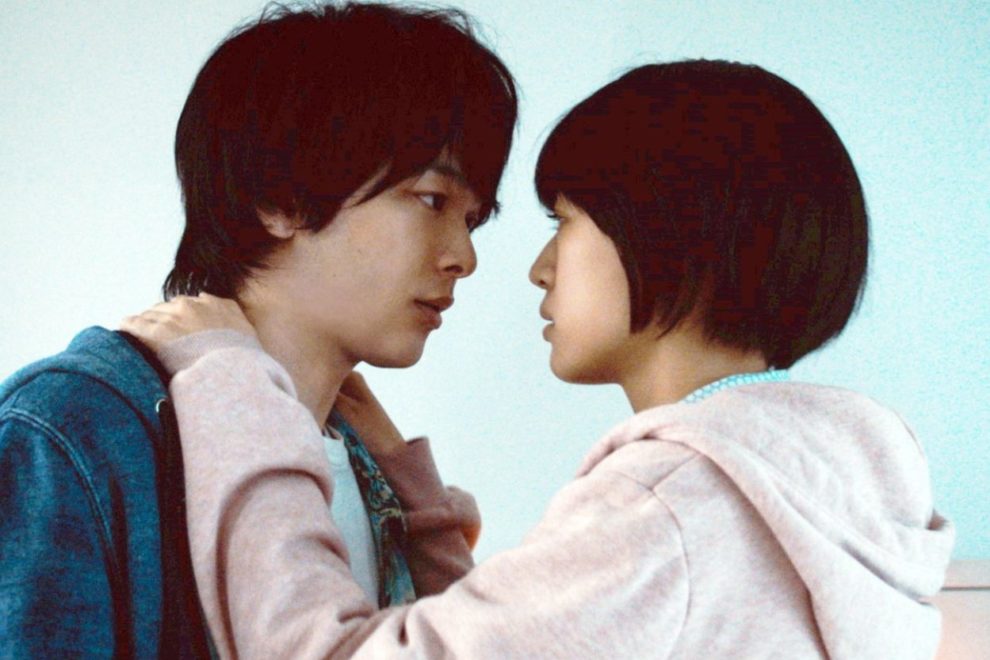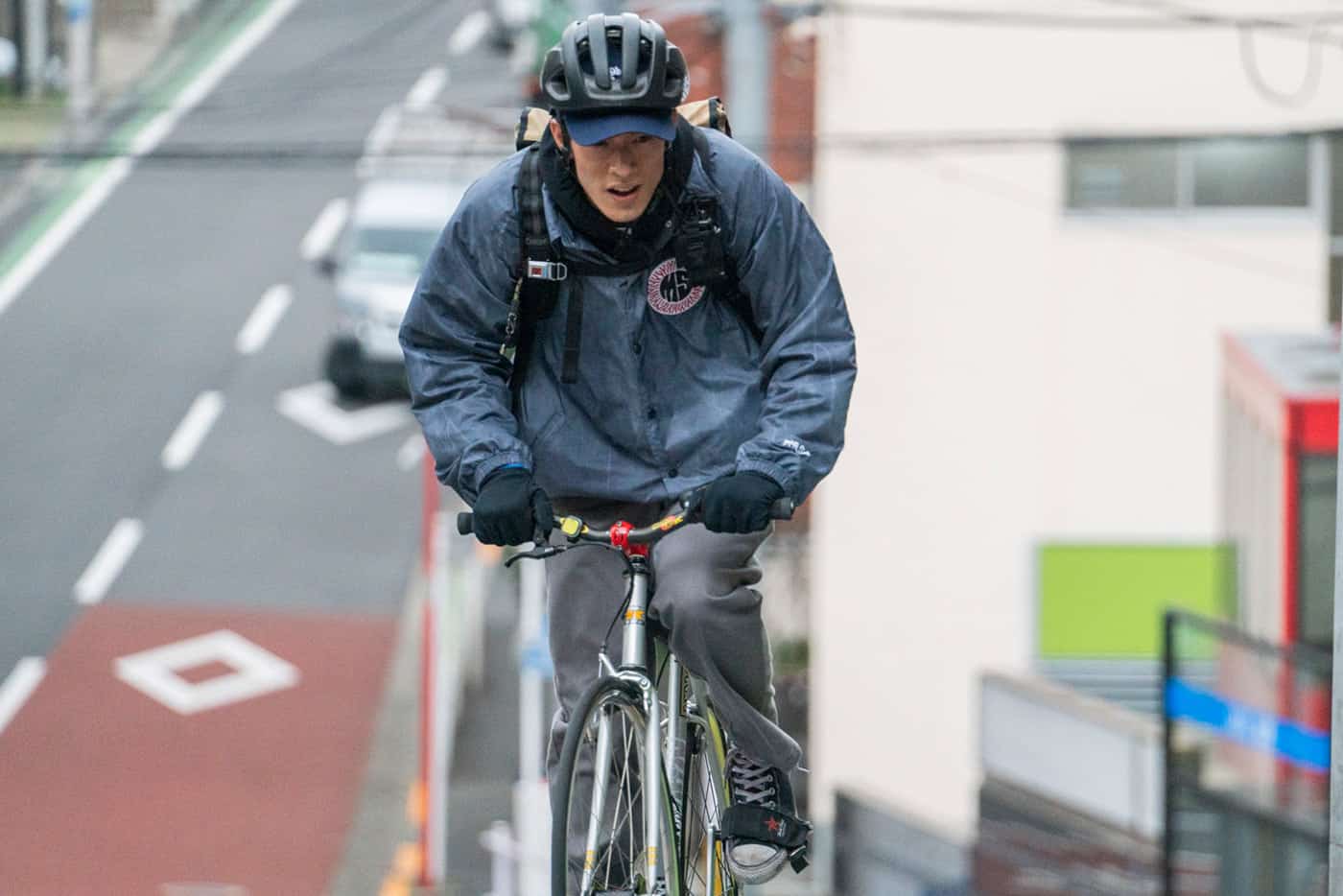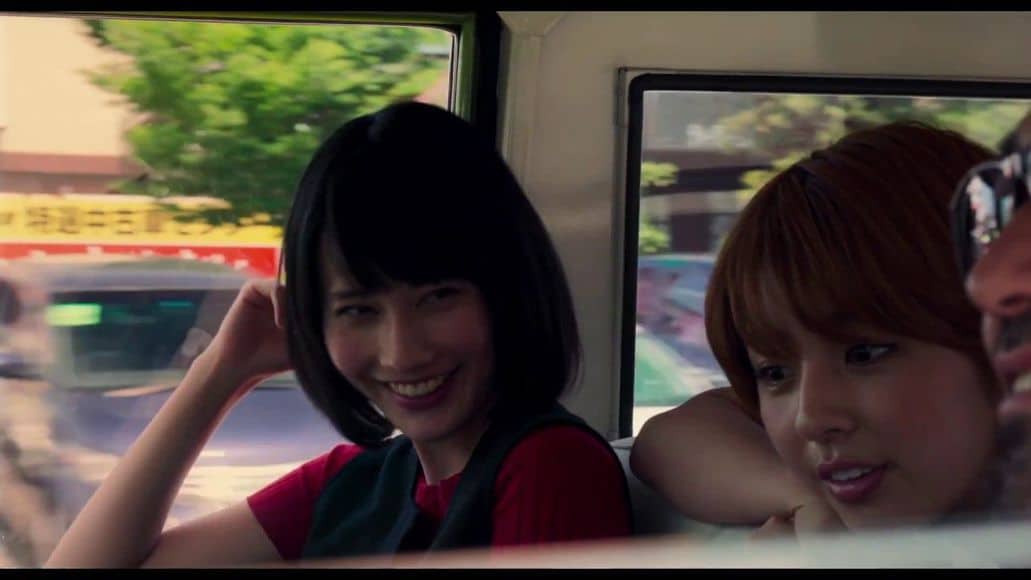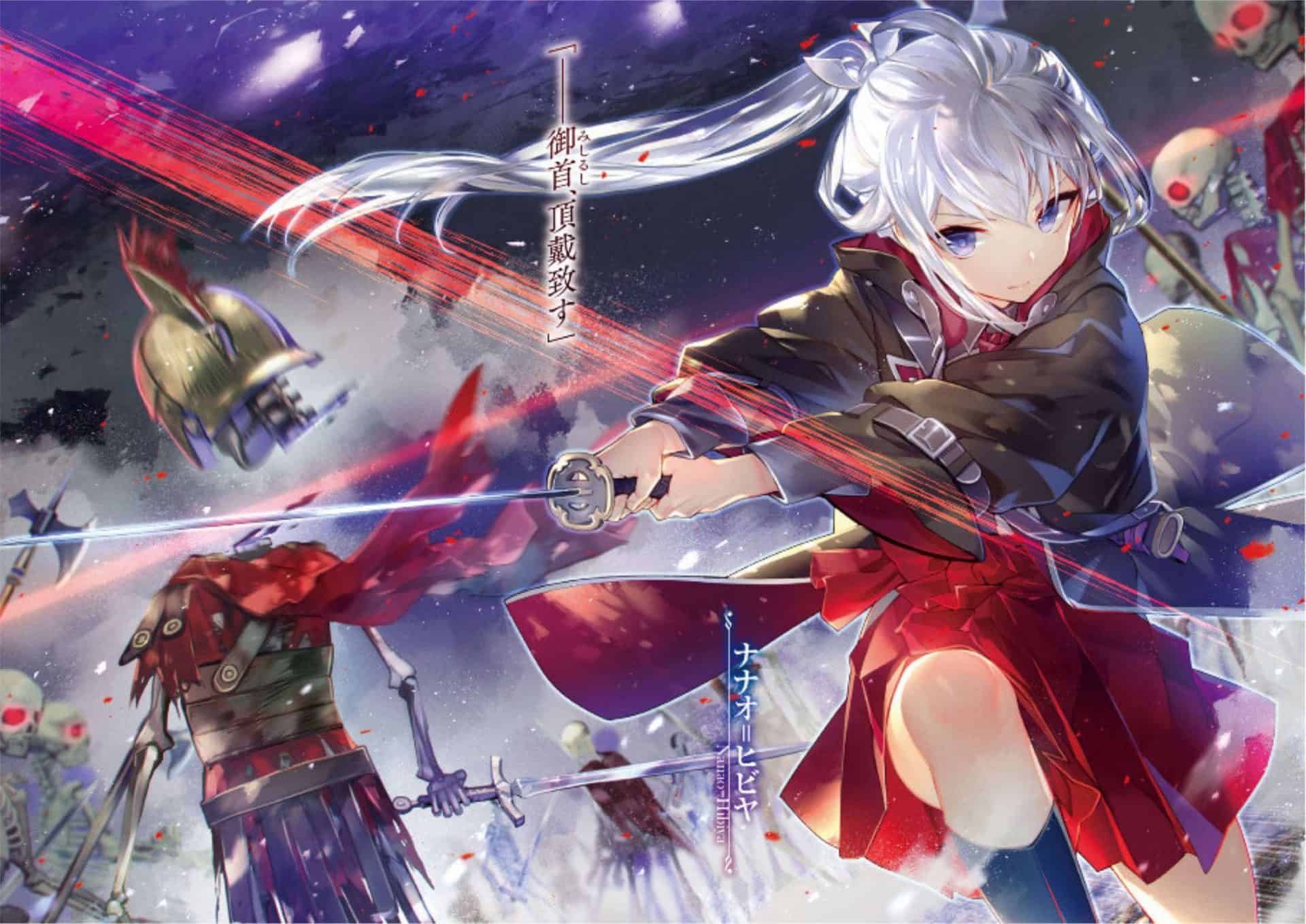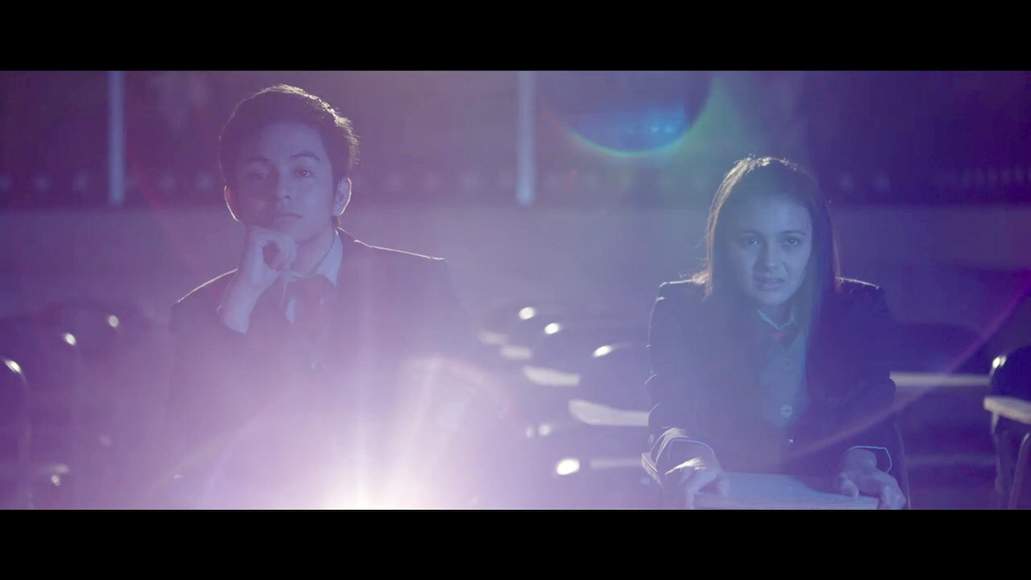“Pursued by loan sharks, our nameless protagonist is rescued by a mysterious man in orange overalls, and spirited away to “The Town,” where other dropouts hide out from debtors, abusive partners, or the police. It's a perpetual holiday resort where every comfort (even sex) is catered to, but the arrival of a woman looking for her missing sister uncovers a sinister conspiracy.” (Official)
“The Town of Headcounts” is Screening as Part of Asian Pop-up Cinema Season 12

Mandatory etiquette and transactional sexuality is among the few examples within Shinji Araki's “Town of Headcounts” taking a stab at modern Japanese society through a dystopian lens. The film goes as far as to flash statistics, along with certain actions that the subservient residents of “The Town” are tasked with to help shape society. The commentary on modern Japanese society is apparent and vocal, making it the most prominent theme through the film. Thankfully, the production feels fully realized and offers much more beyond said commentary.
Notably, “The Town of Headcounts” works well as a comedic work embracing absurdism and dry wit. Trading in their identity and freedom to be used to fill out numbers and persuade public opinion, the scenarios range from voter fraud to flooding the online space with useless praise or hatred. On the more outlandish end of tasks, the hordes of people living in the “Town” play the role of crisis actors, and in another instance flood a restaurant on opening to give the impression of a successful launch. With each member accepting their existence to just bolster numbers, their indifference to the situation retains a humorous tone.

The title is not without faults, suffering from some pacing issues with a key character not being introduced until half way through. The intro also sees a shift in the nameless protagonists desires, giving a split identity as his goals and attitude towards his situation shifts. The two halves both have some great moments, and while difficult to say what could have been altered to help pick up the pace, the production can be tedious with the events of the first half feeling largely inconsequential to the latter.
Given the approach of indifference in order to push the dry comedic tone, it is difficult to really put much credence into the various performances. Reflected in the characters giving up the basic right of having a name for the greater security of living under the protection that town has to offer. Ultimately, turning the actors into the archetype of ‘could be anyone' strips them of individual charm, which is done purposely so.
The film has an interesting visual aesthetic, approaching the dystopian genre with a DIY charm. Essentially, taking an abandoned building and tweaking it just enough to give the illusion of a institution that profits of a large population of the destitute and wayward. The cinematography works well to both capture the scope of the building and express it as a hub for many, while working to keep the illusion of a large institution. Switching between claustrophobic and open, the film's intuitive cinematography gives the production a unique sense of identity complimentary to its narrative.
“The Town of Headcounts” is an impressive debut feature from director Shinji Araki, a sharp satirical dystopian film that touches on various facets of Japanese society. Overall, productions with a unique concept delivered which such clever, dry wit and offering a fully realized alternative reality are few and far between, making “Town of Headcounts” a true gem and one that should not be missed.


